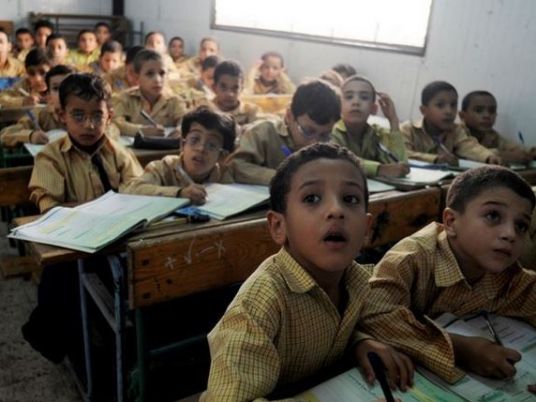
Egypt has ranked 136 out of 145 countries in gender equality, ranking lower than Oman and Saudi Arabia, garnering the unenviable position of being among the 10 worst countries for gender equality in the world, according to the World Economic Forum’s Global Gender Gap Report 2015
released on Sunday.
On the top of the list sit Iceland, Norway and Finland, coming in first, second and third, respectively, while Kuwait and the United Arab Emirates are the best in gender equality in the Middle East region.
The report also pointed out that the MENA region is the home to the “lowest-ranked country” in the list, Yemen, which ranked the worst this year and has remained at the bottom of the index since 2006. However, the country has significantly improved its status, relative to its own past scores.
The report’s results are based on four main pillars: economic participation and opportunity, educational attainment, health and survival and political empowerment. These indicators help to determine how equally the country’s resources are distributed among genders.
With regards to Egypt, the report showed a large gap between men and women in most indicators. Women constitute only 26 percent of the labor force, with an estimated annual income of US$5,218, compared to 79 percent of men with an estimated $17,353.
Egyptian men are also more educated than women, with 82 percent of men being literate, compared to 65 percent of women. In the political sphere, women clearly lagged behind in participation, with no female heading the state in the last 50 years and 12 percent of women occupying ministerial positions, compared to 88 percent of men.
“The gap between men and women in health, education, economic opportunity and political representation has closed by 4 percent in the past 10 years. In economic terms, the gap has closed by only 3 percent with progress towards wage equality and labor force parity stalling markedly since 2009/2010,” the report said about countries globally.
The report anticipated that it would take the world another 118 years (until 2133) to completely close the economic gap, demonstrating that the slow progress in narrowing this gap between both genders means that women are now earning the same amount of money as men did in 2006, when the Global Gender Gap was first produced.
According to the report, Nordic nations remain the most gender-equal societies in the world.




